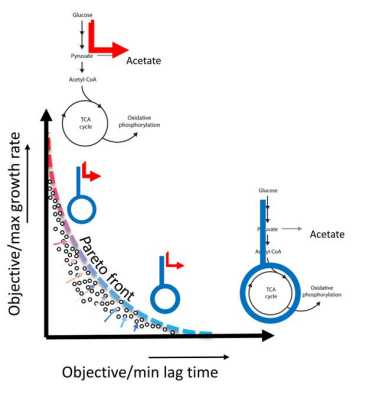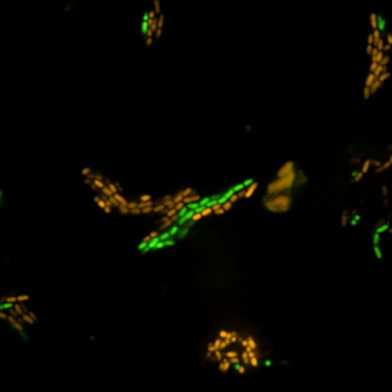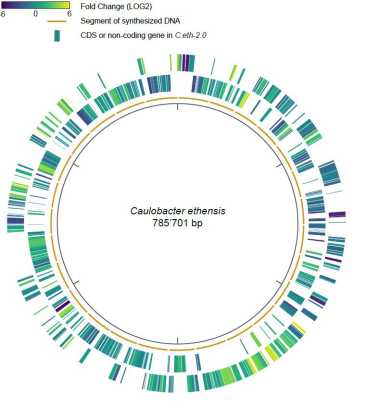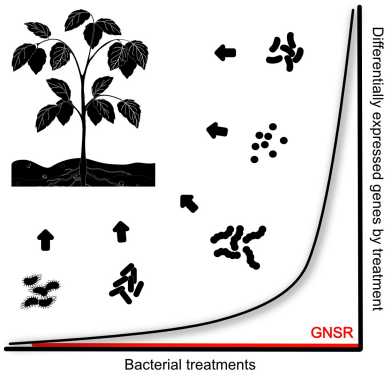05
Pareto optimality couples metabolic noise to phenotypic heterogeneity in Escherichia coli

Heterogeneity between genetically identical bacterial cells can have important functional consequences, like increased survival upon antibiotic treatment. A collaborative effort between the Zampieri (IMSB) and Jenal (Biozentrum, University of Basel) groups funded by the NCCR AntiResist unravels the role of metabolism in mediating the propagation of noise in gene expression to phenotypic heterogeneity.
Oral vaccines induce gut immune responses that direct Salmonella into an evolutionary dead-end

Intestinal antibodies (IgA) can exert selective pressure on intestinal bacteria. Via oral vaccines, we can manipulate these selective pressures to force evolution of Salmonella that are impaired in transmitting disease. This new vaccination strategy could be used to prevent disease caused by antibiotic-resistant intestinal bacteria.
A rewritten bacterial genome to reveal control elements and genome design principles

Error-free and robust programming of biological systems necessitates rules to describe genome design. The Christen Group compares transcription of native and rewritten genes at the genome scale and contributes to genome annotation and the formulation of design principles in “Nature Communications”.
Two new professors appointed at the D-BIOL

At its meeting of 19-20 May 2021 the ETH Board appointed nine new professors, two of which will be located at the D-BIOL. Pedro Beltrao will be Associate Professor of Computational Systems Biology in the IMSB, Manuela Hospenthal will be Assistant Professor of Molecular and Structural Biology in the IMBB.
Bacteria of the plant microbiota trigger a convergent non-self response in the host

Plants respond to various leaf-colonizing bacteria to different extents. In their recent publication in Nature Plants, the Vorholt Group describes a common response to non-self organisms that underlies individualized reactions.